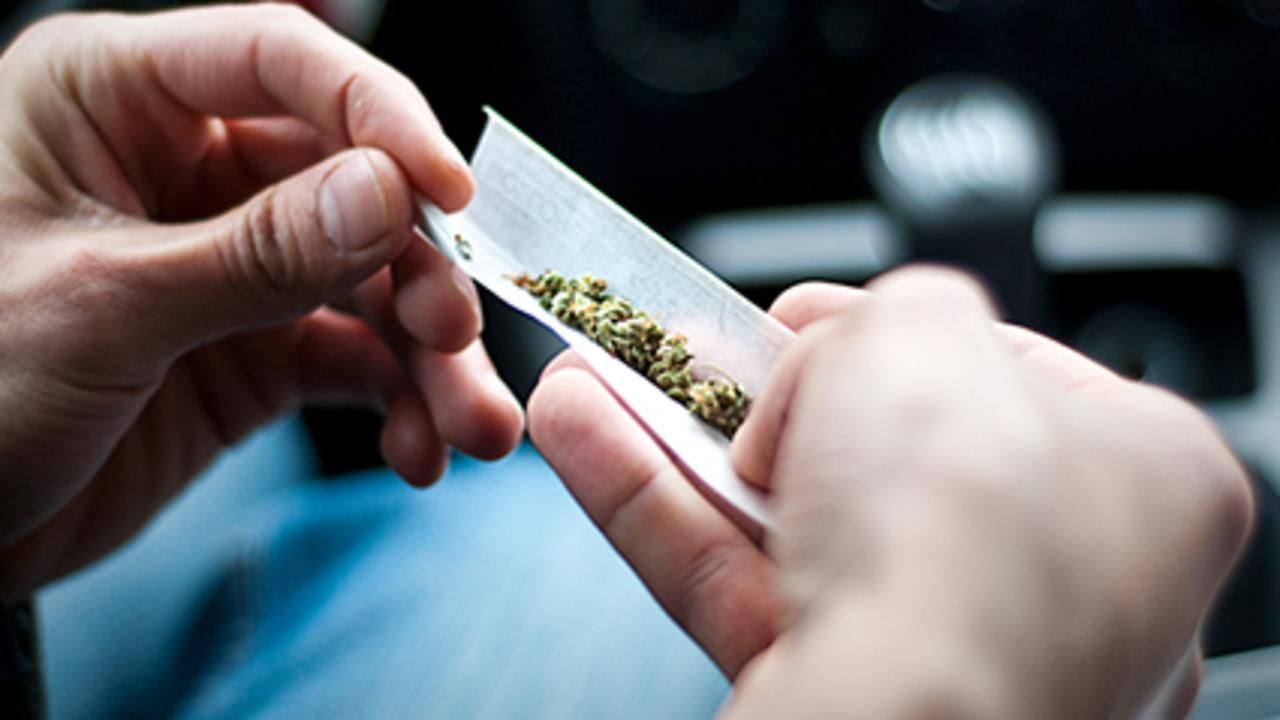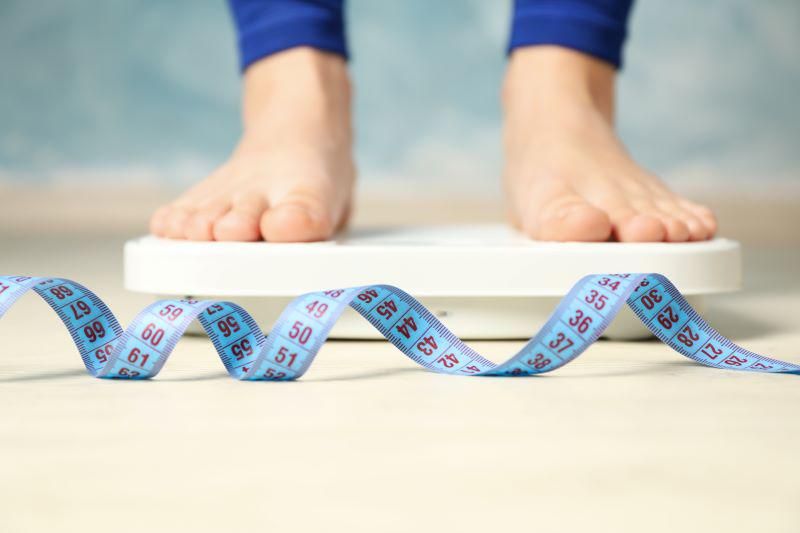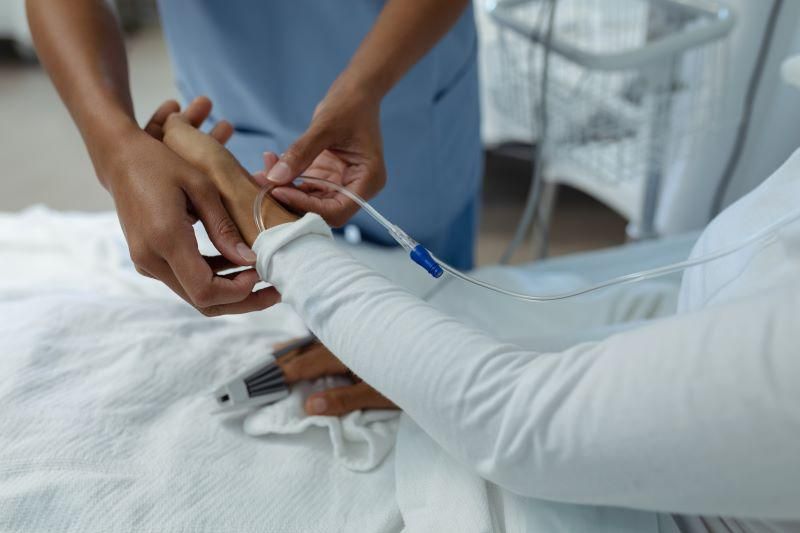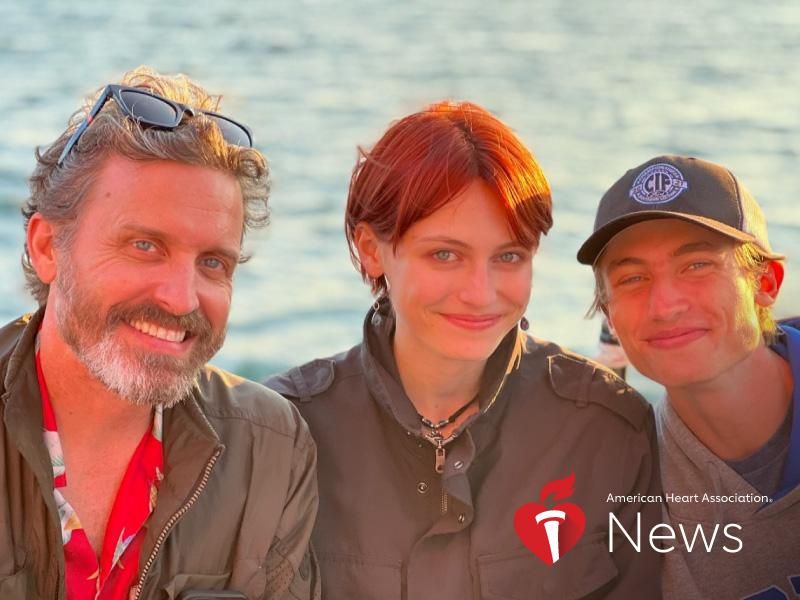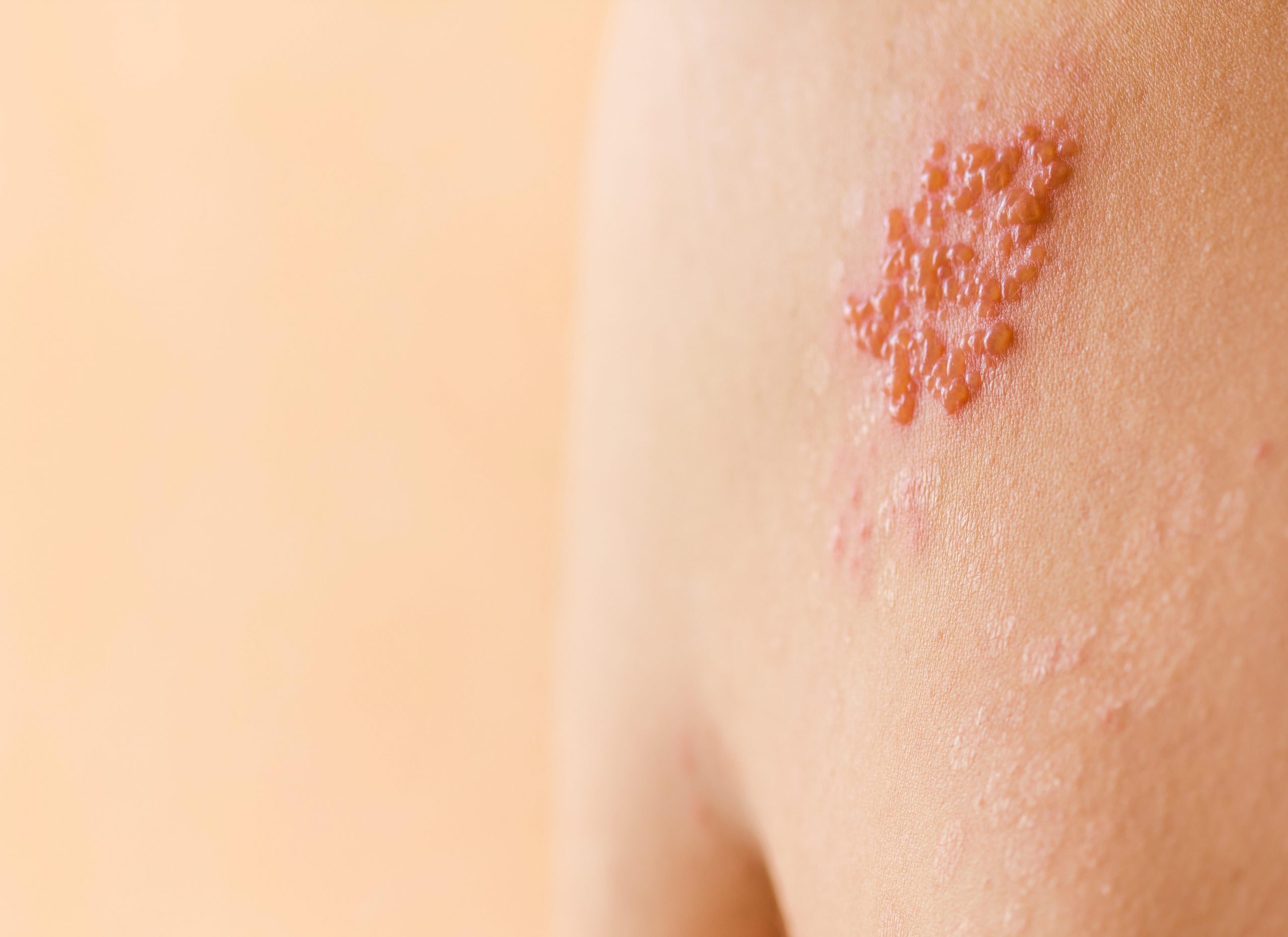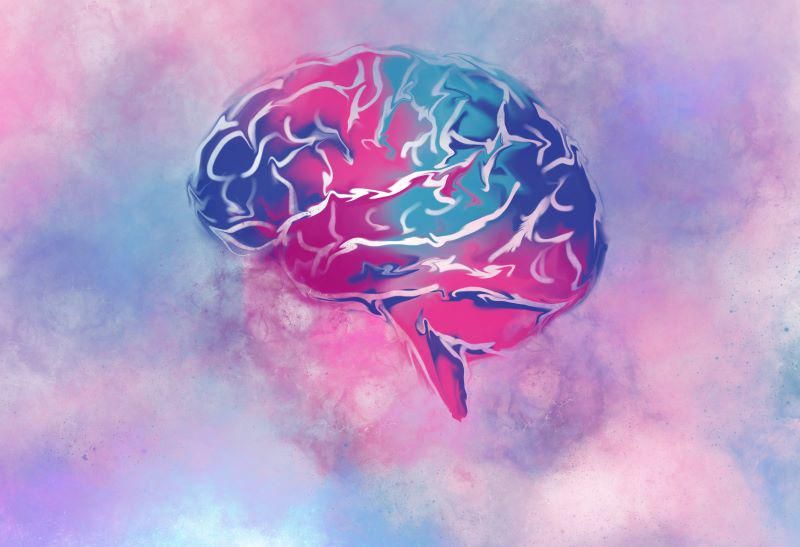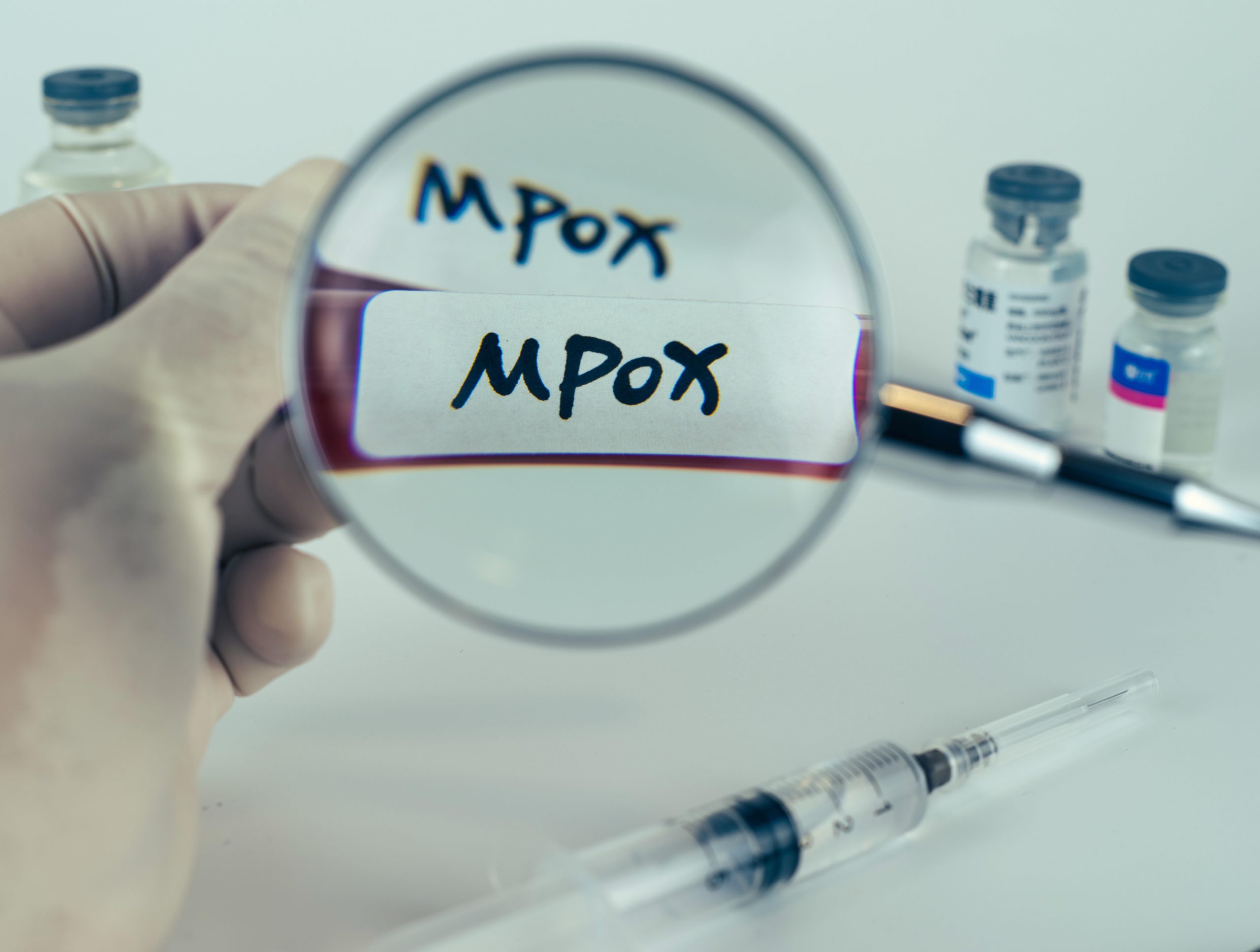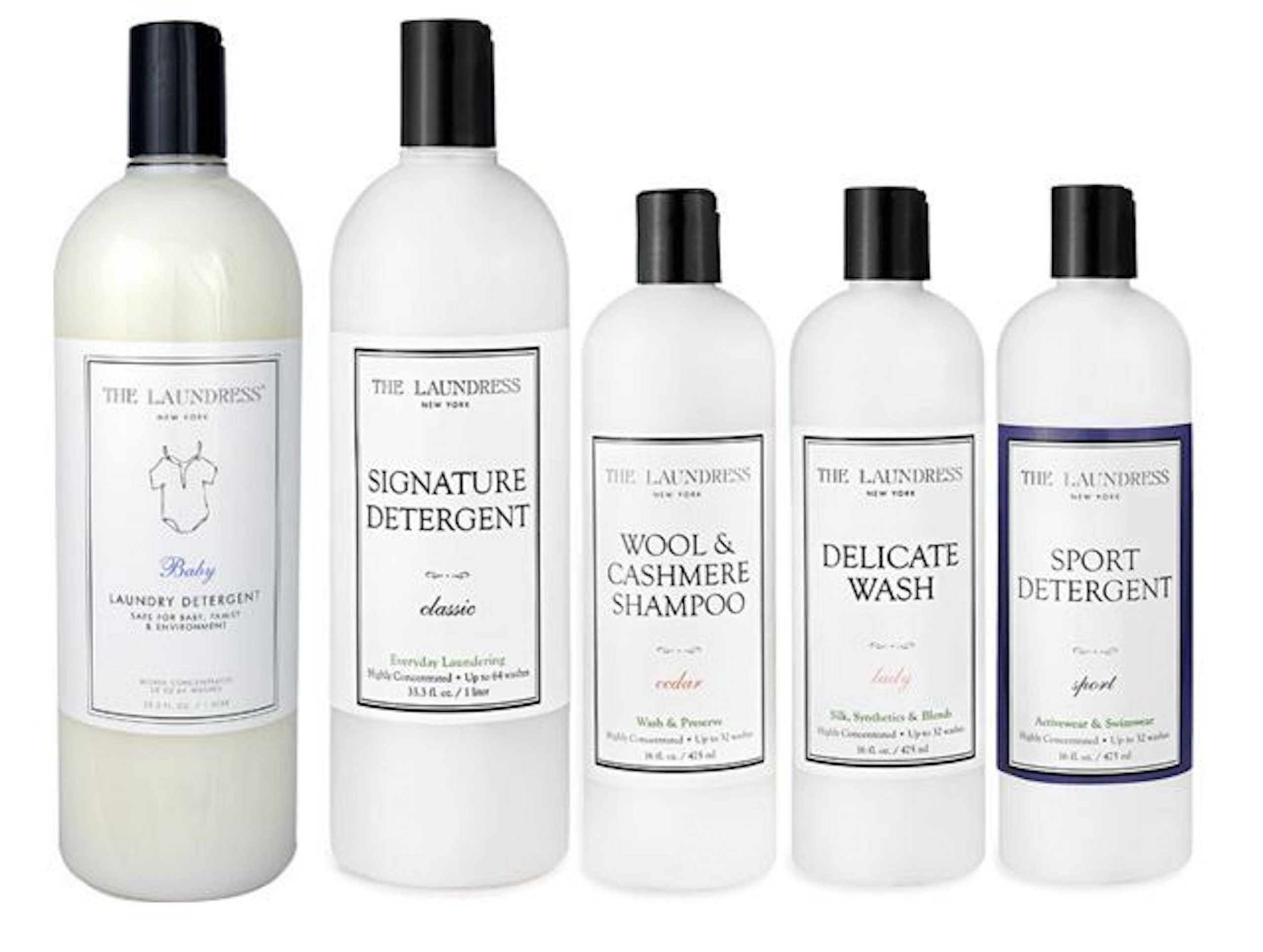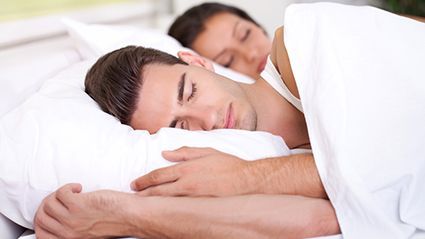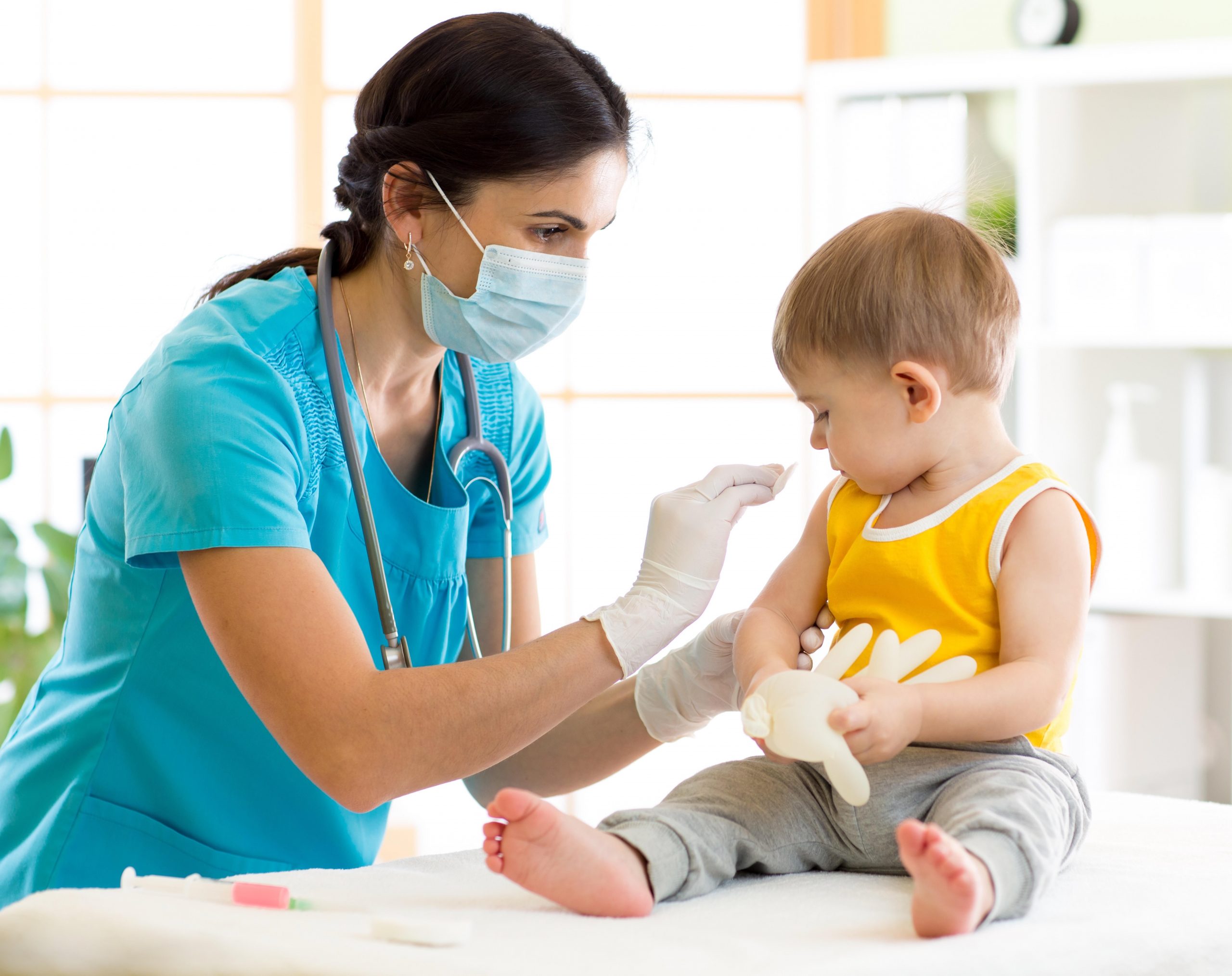
Infants and young children could soon receive an updated COVID-19 vaccine as part of their three-dose series. Pfizer Inc. on Monday asked the U.S. Food and Drug Administration to have the vaccine that targets the Omicron subvariants BA.4 and BA.5 replace the third dose in the series for children aged 6 months through 4 years… read on > read on >










